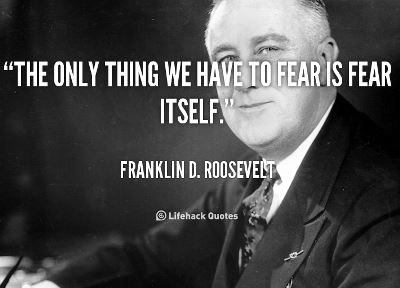While the Industrial Age required more and more specialists, the Collaborative Age increasingly requires generalists that are able to foster collaboration across disciplines. And this becomes increasingly recognized.
 Complex problems require multidisciplinary approaches. This is very obvious in a number of areas today, and in particular in the field of Big Data analysis. Generalists that can bridge across disciplines are in high demand. They need to be able to understand the basics of each discipline and bring to the table analytical, facilitation and coordination skills to generate the expected outcomes. They also need to be able to translate between disciplines and calm down the spirits of experts who always find difficult to work with other experts.
Complex problems require multidisciplinary approaches. This is very obvious in a number of areas today, and in particular in the field of Big Data analysis. Generalists that can bridge across disciplines are in high demand. They need to be able to understand the basics of each discipline and bring to the table analytical, facilitation and coordination skills to generate the expected outcomes. They also need to be able to translate between disciplines and calm down the spirits of experts who always find difficult to work with other experts.
I still remember some career advice I received not so long ago about the danger to be a generalist, and that I should rather specialize. I do not think it is such a good advice today. Of course it is always good to be a specialist in some field at the start of your career so as to understand what it takes, but as you advance I do think it is today quite an interesting alternative to become a generalist.
This generalist profile will become ever more valuable as the Collaborative Age spreads and the problems that need to be resolved become more complex. It also highlights the benefits of an education that includes a substantial amount of liberal arts and general knowledge.











